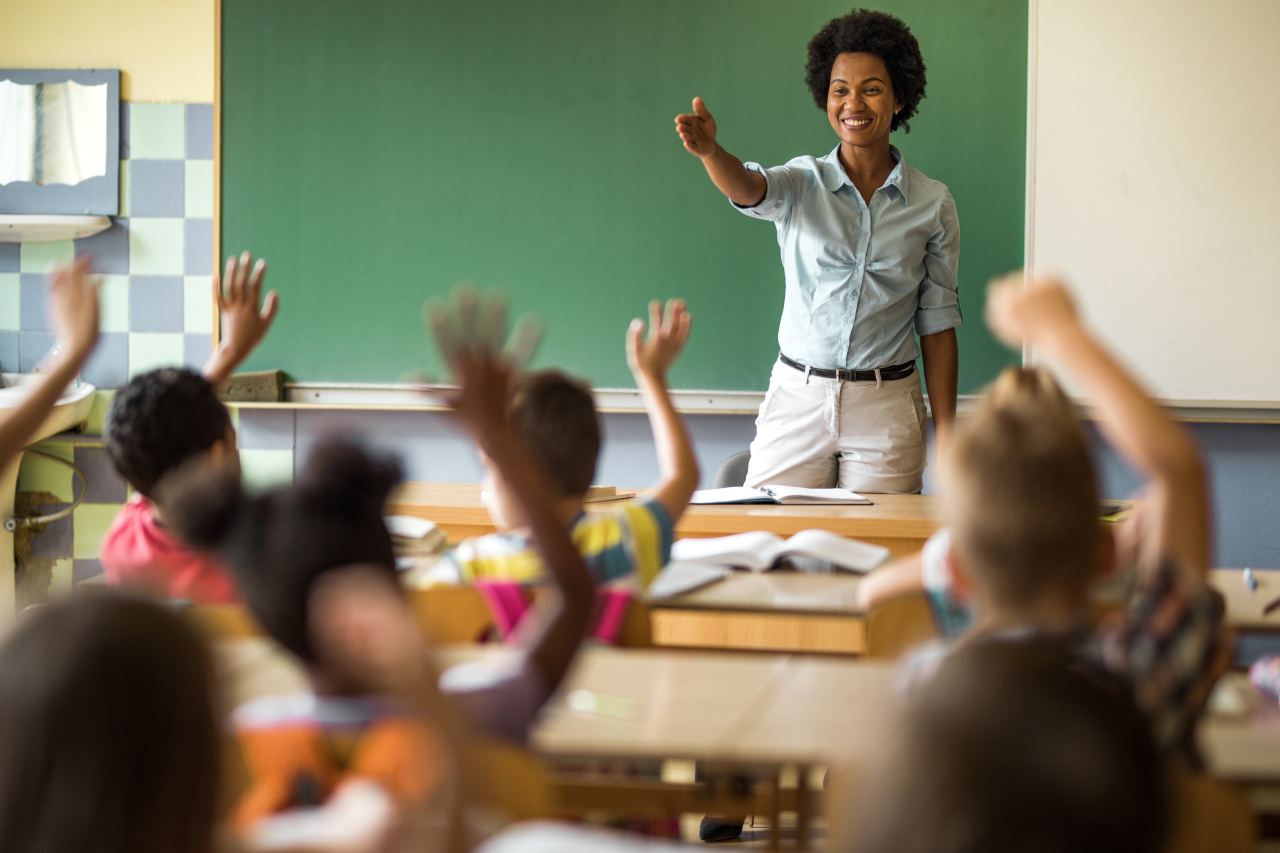Unlock Your Child’s Potential with Primary Science Tuition Singapore
Unlock Your Child’s Potential with Primary Science Tuition Singapore
Blog Article
Discovering the Various Mentor Approaches in Main Science Education And Learning Today
Inquiry-based discovering, hands-on experiments, and the integration of modern technology are redefining how teachers engage young minds. Furthermore, collective approaches and distinguished instruction are being used to provide to the varied needs of students, boosting both engagement and understanding.
Inquiry-Based Knowing
Inquiry-Based Discovering (IBL) is an instructional approach that encourages trainees to check out scientific principles through wondering about, investigation, and hands-on experimentation. This approach emphasizes the role of students as active individuals in their discovering, advertising critical thinking and problem-solving skills. By involving with real-world questions, trainees end up being inspired and interested, which improves their understanding of scientific concepts.
In IBL, teachers serve as facilitators, guiding students as they browse their queries as opposed to supplying details straight. This student-centered approach permits distinction, accommodating different discovering speeds and designs. Pupils create skills in developing hypotheses, creating experiments, and assessing data, which are crucial for scientific proficiency.
Additionally, IBL fosters cooperation amongst trainees, motivating them to share concepts and searchings for. This collective query promotes social skills and a sense of community within the class. The process of query encourages resilience, as students discover to embrace failure as a tipping rock towards understanding.
Hands-On Experiments
Hands-on experiments are a vital element of reliable scientific research education and learning, enhancing the concepts of inquiry-based learning. These experiments permit pupils to engage directly with clinical concepts, promoting a deeper understanding through experiential learning. By controling products and observing end results, young learners can comprehend abstract theories in concrete methods.
Such activities advertise critical reasoning and analytic abilities, as pupils assume outcomes, conduct experiments, and assess results. This process motivates them to ask questions, improve their understanding, and create a scientific state of mind. Hands-on experiments can be tailored to diverse discovering designs, ensuring that all students have the chance to engage meaningfully with the web content.
In addition, hands-on experiments commonly motivate cooperation among peers, advertising synergy and communication skills. Operating in teams enables students to share concepts, review findings, and gain from one an additional, which enhances their total academic experience.
Integrating hands-on experiments into the main science curriculum not just enriches the finding out environment yet likewise cultivates a long-lasting passion in science. By proactively participating in their education and learning, students are most likely to develop a passion for scientific inquiry that prolongs past the classroom.
:max_bytes(150000):strip_icc()/GettyImages-595348697-5b356e9ac9e77c00372d12a8.jpg)
Modern Technology Assimilation
Integrating modern technology into primary science education and learning has actually come to be significantly necessary in cultivating student interaction and enhancing discovering results. Making use of digital devices, such as interactive simulations, virtual laboratories, and educational software program, provides students with opportunities to discover clinical ideas in innovative ways. These resources help with a much deeper understanding of intricate topics by enabling students to envision and manipulate variables that would be not practical in a traditional classroom setting.
Furthermore, technology assimilation encourages personalized learning experiences. Pupils can proceed at their own rate, revisiting challenging concepts with multimedia sources, which deal with different understanding designs. This versatility not just supports private growth however additionally grows a sense of autonomy in learners.
In addition, innovation acts as a bridge to real-world science, attaching trainees with present research study and expert contributions. Access to on-line data sources and clinical journals broadens students' viewpoints on clinical inquiry and promotes important thinking skills.
Collaborative Understanding
Joint learning plays a vital duty in key science education and learning by cultivating team effort and interaction abilities among pupils. This approach urges learners to interact, share knowledge, and take part in problem-solving, which boosts their understanding of scientific concepts. By taking part in group activities, pupils learn to express their concepts, listen to diverse perspectives, and work out remedies, all of which are vital skills in both real-world and scholastic contexts.

Study indicates that collaborative understanding can bring about boosted inspiration and engagement in science topics, site here as students locate enjoyment in shared experiences (primary science tuition Singapore). In addition, this strategy prepares students for future collaborative ventures, furnishing them with the abilities necessary for effective teamwork in college and specialist environments. Inevitably, embracing collaborative learning in primary science education and learning can dramatically enhance the understanding experience and advertise a deeper understanding of scientific inquiry
Set Apart Direction

Set apart guideline can manifest in various ways, such as varying the content, processes, or products of knowing. For instance, instructors might use tiered projects that provide differing levels of complexity, enabling students to operate at their respective readiness levels. Additionally, versatile grouping strategies can help with partnership amongst trainees with different capabilities, fostering peer discovering.
Evaluation plays a crucial duty in this technique, as it educates instruction and helps educators recognize each student's distinct needs. Developmental analyses, such as observations and tests, can assist instructors in adjusting their approaches to boost discovering results. primary science tuition Singapore. Ultimately, by carrying out set apart guideline in key science education and learning, educators can grow a much more reliable and equitable discovering setting, equipping all pupils to reach their full possibility in comprehending clinical sensations
Conclusion
In recap, the diverse teaching strategies in main science education and learning, including inquiry-based understanding, hands-on experiments, modern technology assimilation, collaborative knowing, and set apart instruction, jointly add image source to an extra efficient learning environment. These methods promote critical thinking, analytic skills, and a much deeper understanding of scientific principles. By applying these approaches, teachers can produce appealing and supportive classrooms that deal with the varied needs of trainees, ultimately cultivating a lifelong passion in science and improving academic success.
Inquiry-Based Discovering (IBL) is an instructional method that encourages pupils to discover clinical concepts via doubting, examination, and hands-on testing.Collective knowing plays an important role in primary scientific research education by cultivating teamwork and communication skills among trainees.Research study indicates that collective discovering can lead to raised motivation and interaction in science subjects, as students discover satisfaction in common experiences.In promoting a comprehensive learning environment, set apart instruction arises as a vital approach to suit the varied demands and capacities of students in primary science education. Ultimately, by applying distinguished direction in key science education and learning, read review instructors can grow an extra fair and reliable understanding atmosphere, empowering all students to reach their complete possibility in recognizing clinical sensations.
Report this page